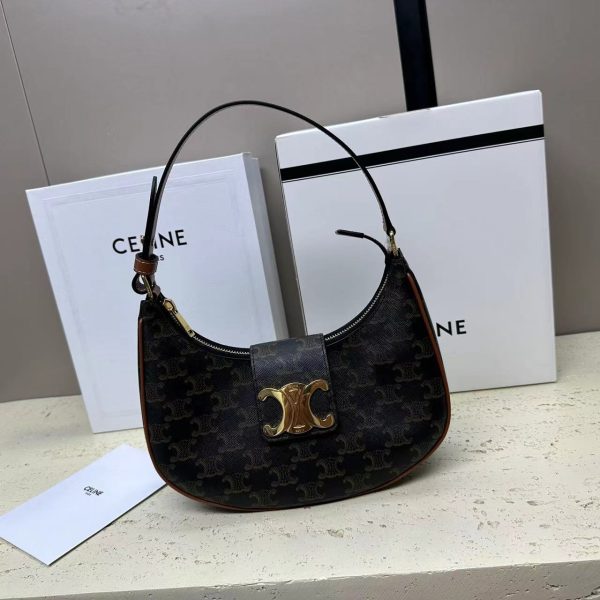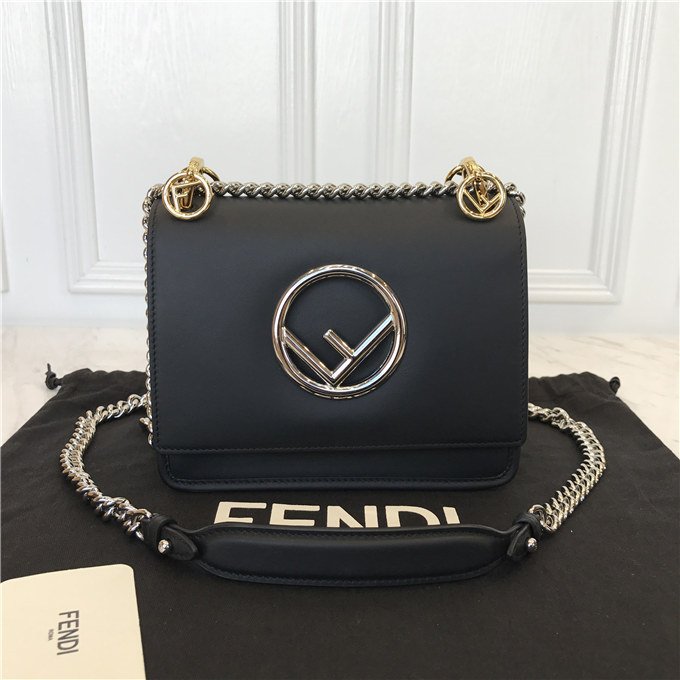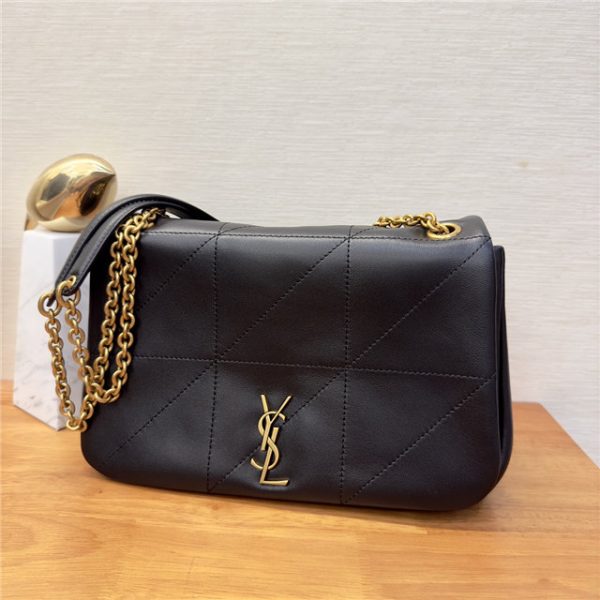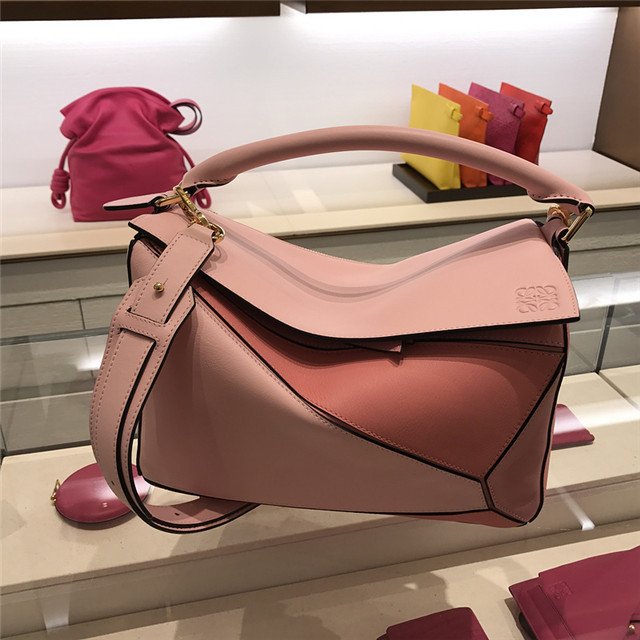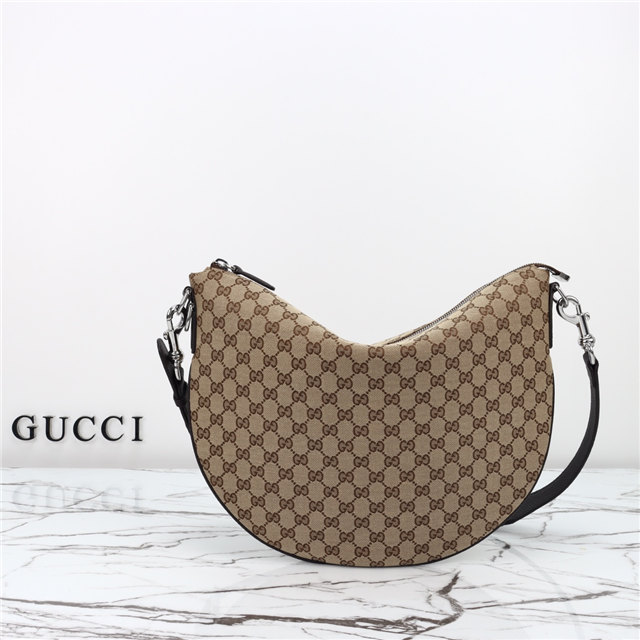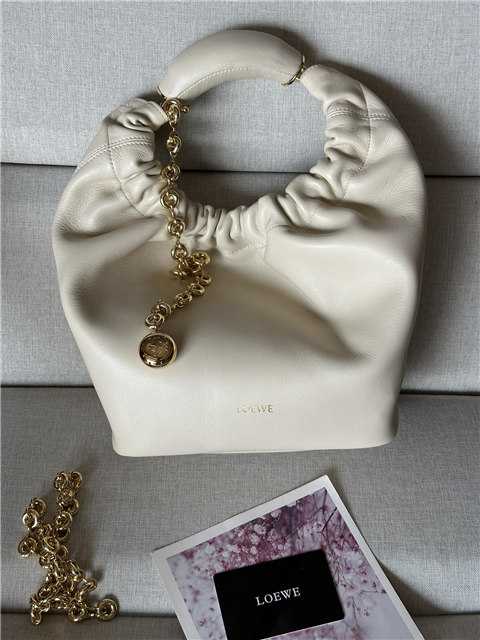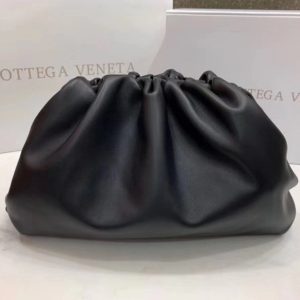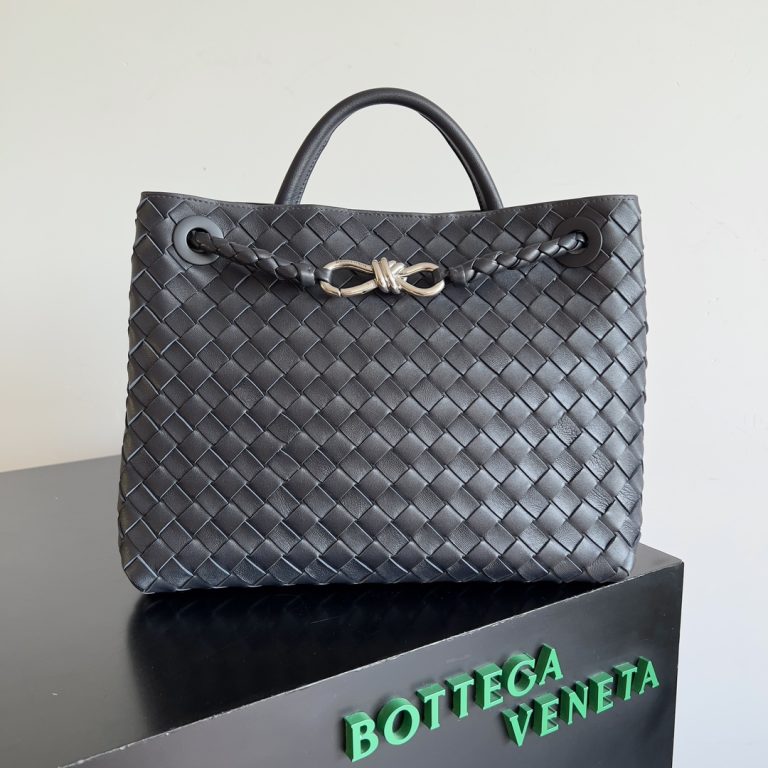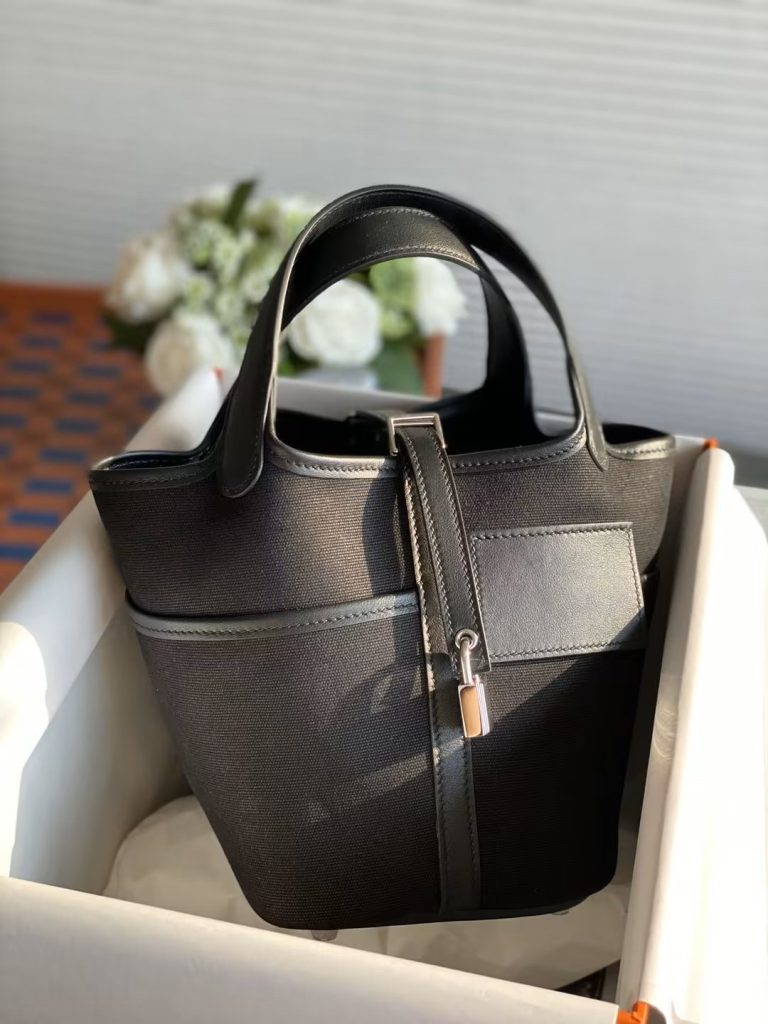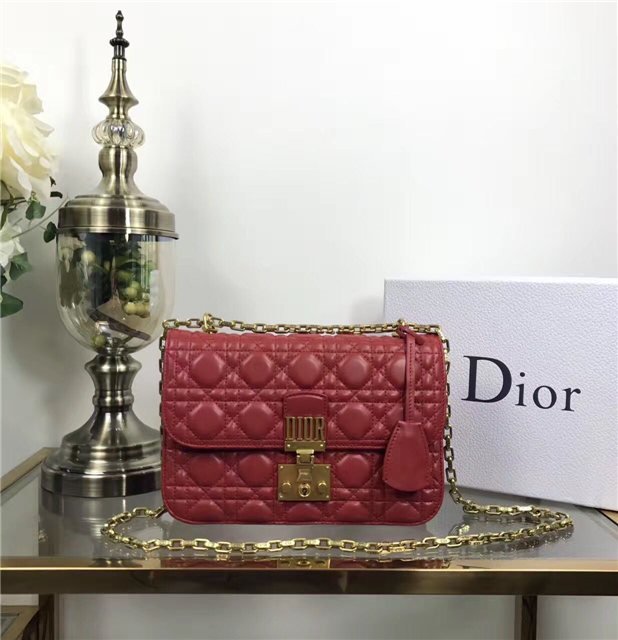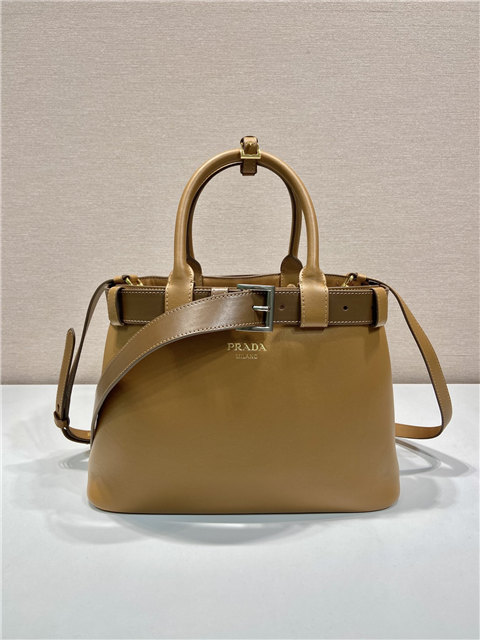Let’s be real, nobody wants to pay top dollar, right? But with perfume, cheap usually means… well, *cheap*. And not in a good way. It’s not just about the scent not lasting as long (though that’s a bummer too). It’s about what they’re actually putting in these things.
See, real perfume uses high-quality essential oils and alcohol. That’s why it costs a pretty penny. But the counterfeiters? They’re cutting corners like a ninja with a katana. Instead of the good stuff, they’re using… who even knows? Think cheap alcohols, maybe even stuff you wouldn’t *dream* of putting on your skin.
I read somewhere (and I’m pretty sure it was a legit source, though I can’t remember where exactly – whoops! My bad!) that some fake perfumes have been found to contain antifreeze! Antifreeze! Like, the stuff you put in your car? Are you kidding me?! And honestly, that’s terrifying.
It’s not just antifreeze, though. Other nasty things like bacteria and even urine (yeah, you read that right… urine!) have been found in fake perfumes. I mean, c’mon, who wants to spray themselves with *that*? Gross!
And let’s not forget the allergic reactions. Because who knows what kind of random chemicals they’re chucking in there? You might end up with a rash, itching, or even something way worse. No thanks, I’ll pass on smelling “divine” if it means looking like a lobster.
The problem is, you can’t always tell just by sniffing it. Sure, sometimes the scent is obviously off – like, it smells vaguely of plastic or something equally weird. But sometimes, they get pretty close to the real thing. That’s why you gotta be extra careful where you’re buying from.
Pro-tip: If the price seems too good to be true, it probably is. Stick to reputable retailers, and pay attention to the packaging. Is the cardboard flimsy? Are there typos on the label? (Like “Channell” instead of “Chanel”? I’ve seen it, folks!). These are red flags, big time.

